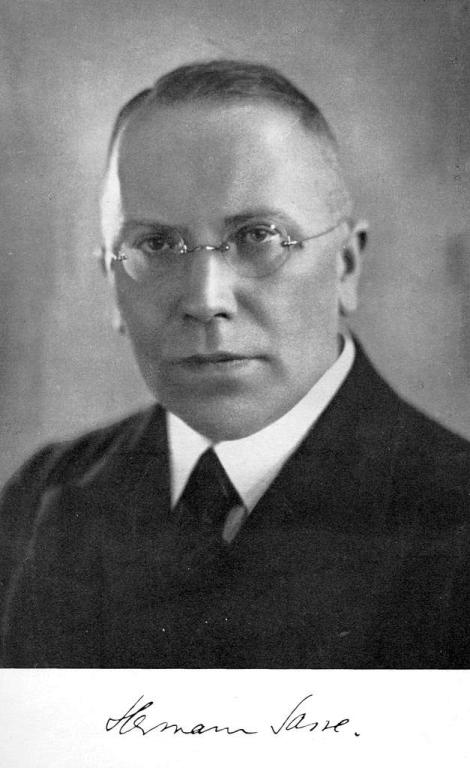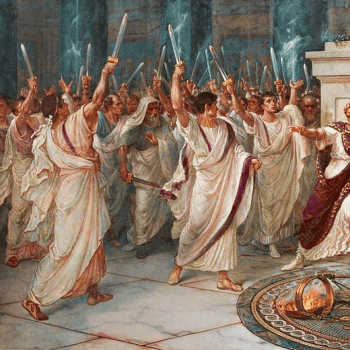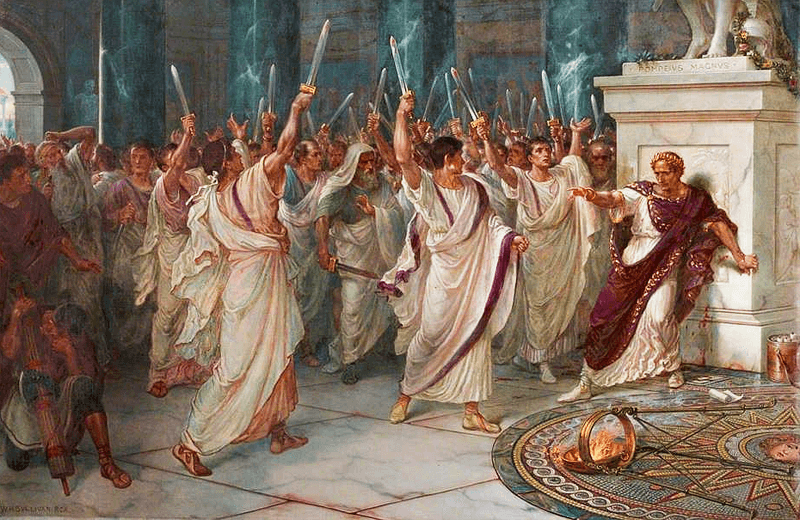From my fellow Patheos blogger Randy Alcorn, an excerpt from a book he has written, Ninety Days of God’s Goodness: Daily Reflections That Shine Light on Personal Darkness. (About Alcorn: A pro-life protest led to an $8.2 million judgment against him and the threat of garnishment of his wages, so to avoid paying the abortion clinic he works as a pastor for minimum wage. The royalties on his bestselling books–some 11 million sold–all go directly to a ministry he has founded, which gives the money away. Read the remarkable story about his life and career here.)
In this passage Alcorn is discussing Psalm 71, especially verse 20: “Though you have made me see troubles, many and bitter, you will restore my life again; from the depths of the earth you will again bring me up” (NIV). He is doing so in light of Romans 8:28: “And we know that for those who love God all things work together for good, for those who are called according to his purpose.”
Before my mother would make a cake, she used to lay the ingredients on the kitchen counter. One day I decided to experiment. I tasted the individual ingredients for a chocolate cake. Baking powder. Baking soda. Raw eggs. Vanilla extract. I discovered that almost everything that goes into a cake tastes terrible by itself. But a remarkable metamorphosis took place when my mother mixed the ingredients in the right amounts and baked them together. The cake tasted delicious. Yet judging by the taste of each component, I never would have believed cake could taste so good.
In a similar way, the individual ingredients of trials and apparent tragedies taste bitter to us. Romans 8:28 doesn’t tell me I should say, “It is good,” if my leg breaks or my house burns down or I am robbed and beaten or my child dies. But no matter how bitter the taste of the individual components, God can carefully measure out and mix all ingredients together and regulate the temperature in order to produce a wonderful final product.
I would just add that what is really bitter in a chocolate cake is the chocolate part, that is to say, the cocoa. Also that Romans 8:28 is about vocation, that is to say, our “calling” as Christians: “for those who are called according to his purpose.”
Discuss.
What are some examples of “bitter” experiences that turn “sweet”?



















